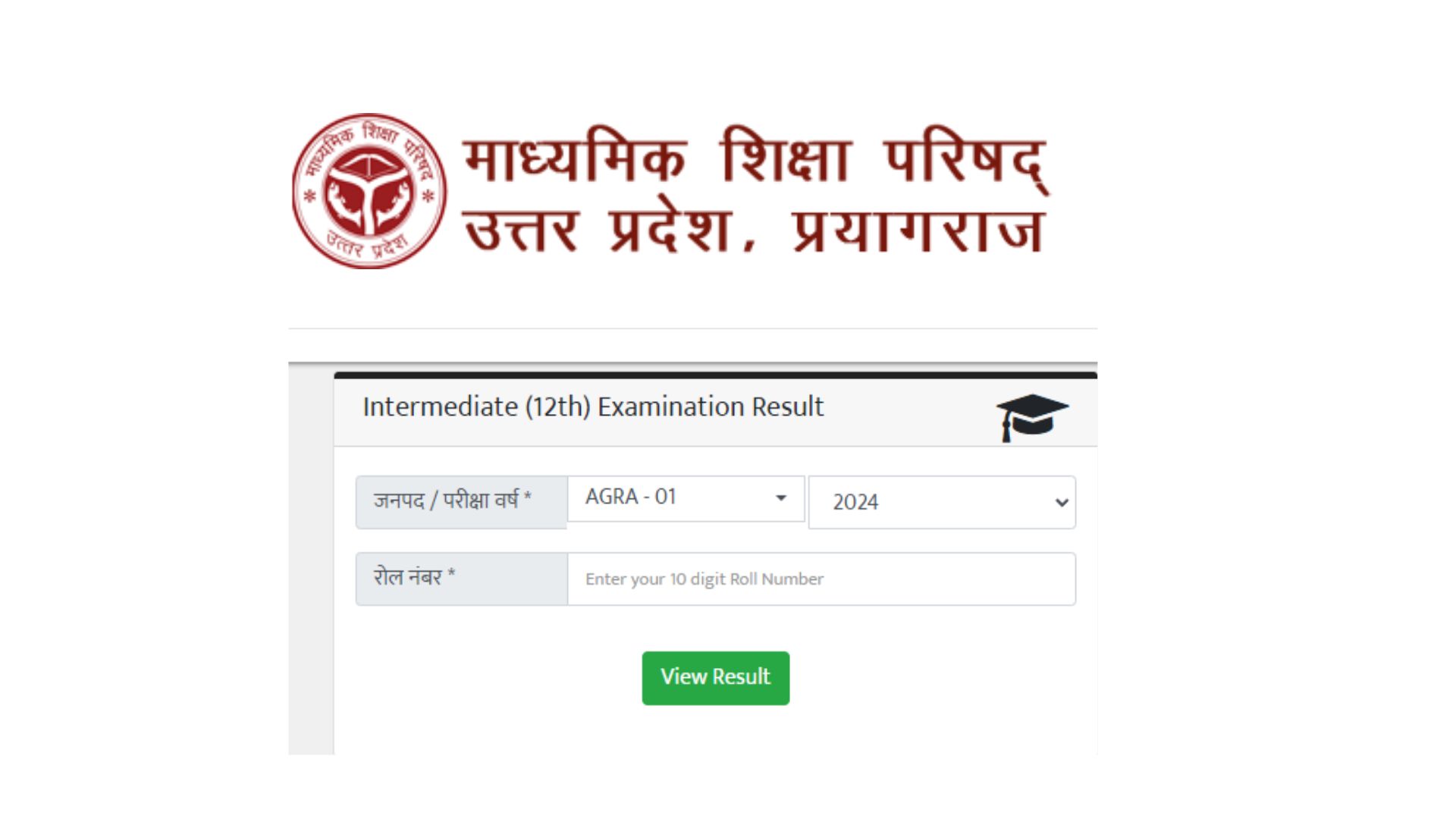










The Income Tax Department has made it easier for taxpayers to file their income tax returns (ITRs) for the financial year 2023-24 (assessment year 2024-25) by releasing the e-filing versions of the ITR-1, ITR-2, and ITR-4 forms. Taxpayers can begin filing their returns, with the deadline for submission being July 31, 2024.
Taxpayers have the flexibility to choose between online and offline methods for filing their returns, depending on their preferences and convenience.
Online Submission: This method allows taxpayers to directly file their ITR through the Income Tax Department’s e-filing portal.
Offline Tools: For those who prefer an offline approach, downloadable utilities in Excel and JSON formats for ITR-1, ITR-2, ITR-4, and ITR-6 for FY 2023-24 (AY 2024-25) are available. Taxpayers can use these tools to prepare their ITR offline and then upload the compiled data to the e-filing portal for submission.
Taxpayers can file their ITR using either the online or offline method. For online filing, they need to register or log in to the income tax e-filing portal, select the appropriate ITR form, fill in the details, and verify the return electronically using Aadhaar OTP, net banking, or EVC. Offline filing involves downloading ITR utilities, filling in the details offline, uploading the data file to the e-filing portal, and verifying the return.
It’s essential to have all necessary documents ready before starting the filing process, and taxpayers may seek assistance from tax professionals if needed.










